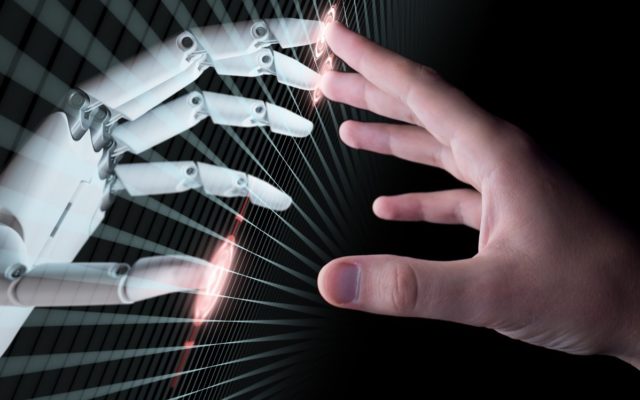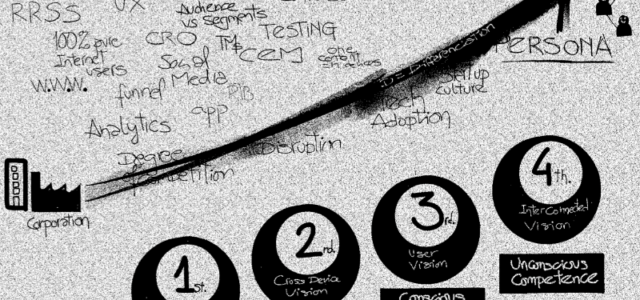Customer service looks like being the next function to be impacted by artificial intelligence (AI). One of the boldest moves to date has been the appointment of five robots which the Dubai Water and Electric Authority’s believes can deliver “seven-star” customer service at its customer experience happiness centres.
Meanwhile, at this week’s Mobile World Congress event in Barcelona, Spanish telecoms giant, Telefónica, is launching Aura, an AI-powered digital assistant that it reckons will transform the way customers interact with the organisation and manage “their digital life” with the company.
Telefónica chairman José María Álvarez-Pallete López said the company is delivering on its promise of a year ago that artificial intelligence would form the basis of its relationship with clients. “Digitalisation is the core of our business and thanks to the deep internal transformation that we have undergone in the last eight years we have become a company of smart platforms.”
While it is too early to say if Aura will deliver on all of the company’s aims, its story is perhaps one of the best demonstrations of an effective digital transformation yet. Since 2012, the company has invested some 56 billion euros in the deployment of state-of-the-art infrastructure, integrated its IT systems and developed new digital products and services. Telefónica describes these platforms as building blocks that have enabled it to develop a fourth platform where the data is securely stored and infused with AI that will make the company more efficient and offer new services. This platform enables Aura to transform the way Telefónica will interact with customers.
This fourth platform empowers customers by giving them a personal data space which will soon allow Aura not only to offer a personalised experience for each user but also to show customers the data they generate and give them control over how it is used.
The other point to highlight about Aura is in terms of the wider digital landscape. Telefónica has enabled Aura to talk not just through its own channels (via a mobile application) but third-party ones such as Facebook Messenger and in future through Google Assistant and Microsoft Cortana. In short, and significantly, Aura can hang out in the same places as its customers. In Telefónica’s words, “Aura aspires to be where customers want to be”.
Digital transformation certainly doesn’t happen overnight and in this case it has taken eight years. Telefónica acknowledges that while this is a landmark moment on its digital journey it is not the endpoint and, indeed, Aura itself literally has lots to learn (it will grow day-by-day with new capabilities). But in terms of demonstrating the thought and effort that needs to go into a digital transformation programme, it is a remarkable story in itself and one that many leaders can learn from.
Article by channel:
Everything you need to know about Digital Transformation
The best articles, news and events direct to your inbox
Read more articles tagged: Customer Experience, Featured







